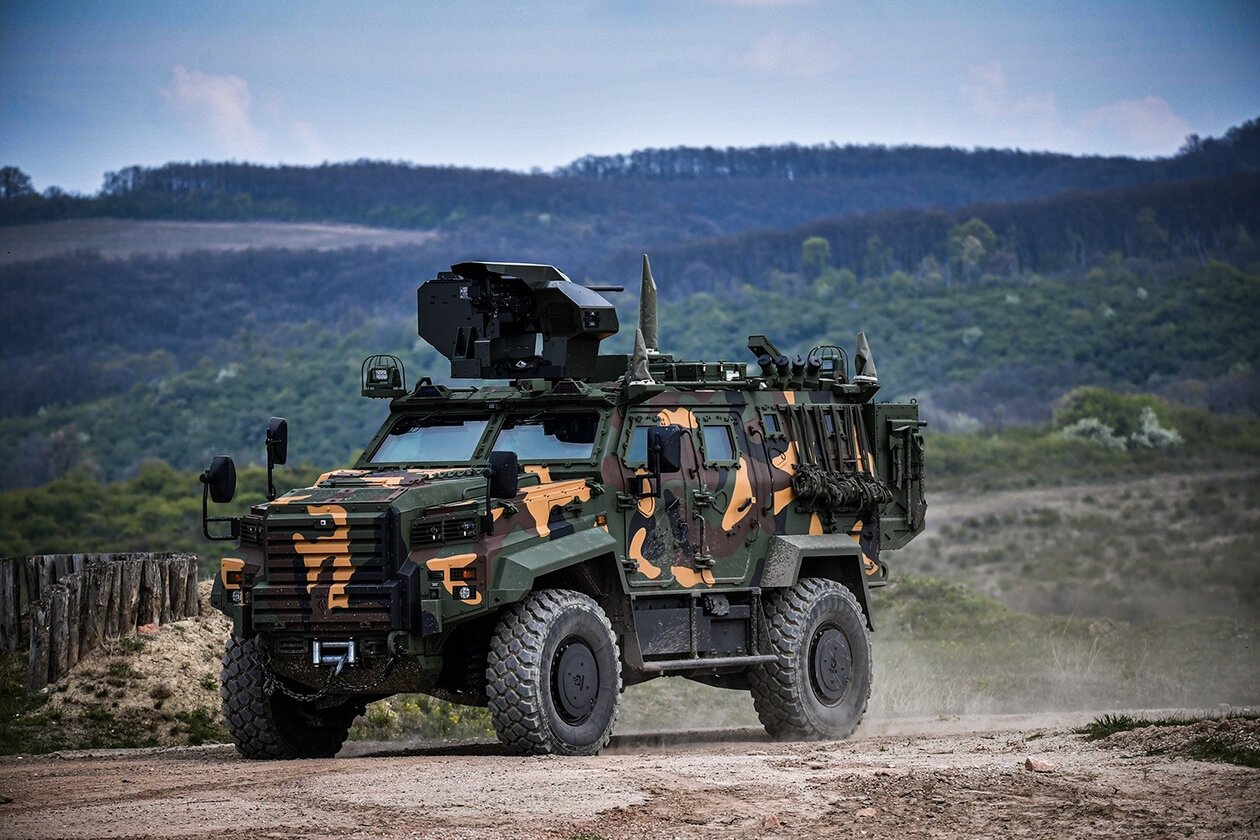Orbán cabinet to produce export in the new Hungarian military factories

A few years ago, the Orbán government embarked on a major military build-up, but they also started to develop the domestic defence industry. Two defence factories are already in operation and four are in the construction or planning phase. The priority is for the Hungarian military factories being built to produce for export as well as to meet domestic needs.
According to Telex.hu, the military industry has not received much attention in recent decades, given that obsolete Soviet-era equipment still makes up the bulk of the equipment even now. The government invested little money and energy in developing the army, and the domestic military industry almost disappeared. The only major player left was the Sirok ammunition factory, which produced small calibre handguns. However, even that is now owned by a foreign company.
Domestic defence industry – thousands of billions of forints
Recently, the government decided to improve the domestic defence industry and to purchase weapons worth thousands of billions of forints. The government will be assisted in the construction by a German company, Rheinmetall, which has a long and respected track record among European defence companies. The majority owner is the German arms manufacturer, which owns 51 percent of the joint venture.
Of the six new Hungarian military factories, Rheinmetall will be involved in the construction and operation of the next four: a munitions and explosives plant will be built in Várpalota, where production is expected to start in the second half of 2024. A radar manufacturing plant is being built in Nyírtelek, where assembly will take place from 2025.
In Kaposvár, the production of a four-wheel-drive armoured vehicle with mine protection will take place in the near future. There is talk of extending Turkish-Hungarian cooperation in Kaposvár to the production of drones and other autonomous flying devices. A plant for the production of infantry fighting vehicles has been built in Zalaegerszerg, where the test track for combat vehicles is located. Here, the test run took place in the second half of 2022, with series production starting in 2023.

Rácz Tünde/honvedelem.hu
Production has already started in two other factories, but these are not linked to Rheinmetall: the helicopter parts factory in Gyula, 51 percent of which is owned by Airbus, was inaugurated in 2022. In Kiskunfélegyháza, the small arms factory of the Hungarian state-owned HM Arzenál Zrt. manufactures machine guns, submachine guns and handguns. Serial production of sniper rifles is also expected to start soon, and a Hungarian family of weapons has recently been developed.
Hungarian military factories’ products in demand abroad
At five of the six factories, it is so far certain that they produce equipment for the Hungarian armed forces. No specific deal has been reached yet, but they are keen to export domestically produced armoured vehicles, radars, small arms and ammunition. In the Central and Eastern European region, there is still a lot of outdated technology from the Soviet era. Therefore, there might be a demand for advanced equipment based on Western knowledge.
“We create joint ventures with leading players in the market because we expect a clear return, a market result,”
said Gáspár Maróth earlier to Portfolio.hu, coordinating Hungarian defence developments for years. In 2021, he said they saw a high degree of expansion in the global defence industry. Since then, due to the Russian-Ukrainian war, many countries started to consolidate their own defence industry.
According to a press release, there will also be branches in Budapest, Szeged and Zalaegerszeg for the defence innovation research institute, which will bring back “lost” engineering knowledge to the Hungarian defence industry.
Source: Telex.hu, portfolio.hu, kormany.hu







